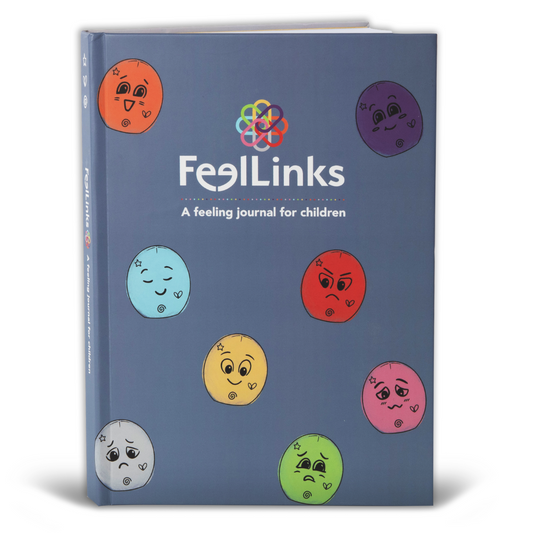Stress and Anxiety in Young People: Support Them To Breathe Easier
Share
I am offering a 2-day workshop created just for teens
Teen Tools - Breathe Easy: Navigating Teen Stress and Anxiety
specifically geared toward ages 12-17
We will virtually meet December 5th and 12th 6:30-7:45pm PST
LEARN MORE AND REGISTER TODAY!
We are all keenly aware that stress and anxiety are increasingly effecting our young people. These feelings may stem from academic pressures, social dynamics, family issues, exposure to media, and global concerns like economy and environment. Understanding and addressing these challenges early is crucial for emotional, mental and physical well-being.
Stress and anxiety may manifest as:
- Changes in sleep
- Changes in appetite
- Increased irritability
- Emotional outbursts
- Difficulty concentrating
- Physical symptoms such as headaches or stomachaches
- Avoidance of school or social activities
Long-Term Effects
Without proper support, chronic stress can lead to anxiety disorders, depression, and physical health issues such as high blood pressure, heart disease and weakend immune system. It can also impact academic performance and social development, creating a cycle of negative outcomes.
Creating an Individual Stress Management Plan
An individualized plan can help children and teenagers navigate their stress effectively. Here's how to create one:
Identify Stress Triggers:
- Sit with your child or teen to discuss situations or events that cause stress.
- Encourage journaling or drawing to help them express feelings they may not readily verbalize. *FeelLinks has all the tools for this!
Set Realistic Goals:
- Break down larger tasks into smaller, manageable steps.
- Prioritize activities to reduce feelings of overwhelm.
Incorporate Coping Strategies:
- Teach relaxation techniques such as deep breathing, progressive muscle relaxation, or mindfulness meditation.
- Encourage creative outlets like art, music, or sports.
- Ensure the child knows they can talk to trusted adults such as parents, teachers, or counselors.
- Help them strengthen positive friendships for emotional support.
- Set consistent sleep schedules, encourage balanced nutrition, and include regular physical activity.
- Limit screen time, especially before bed, to improve quality of sleep.
- Regularly review the plan to assess its effectiveness.
- Make adjustments based on feedback and changes in the child’s needs.
- If stress persists or escalates, consult a school counselor, psychologist, pediatrician or other healthcare professional.
Supporting Children and Teens
By creating an individualized stress management plan and fostering a supportive environment, children and teens can learn to manage their stress effectively. These strategies not only provide relief but also build lifelong resilience, helping them thrive in an increasingly complex world.






